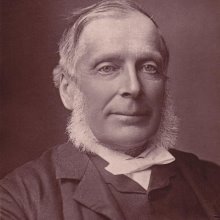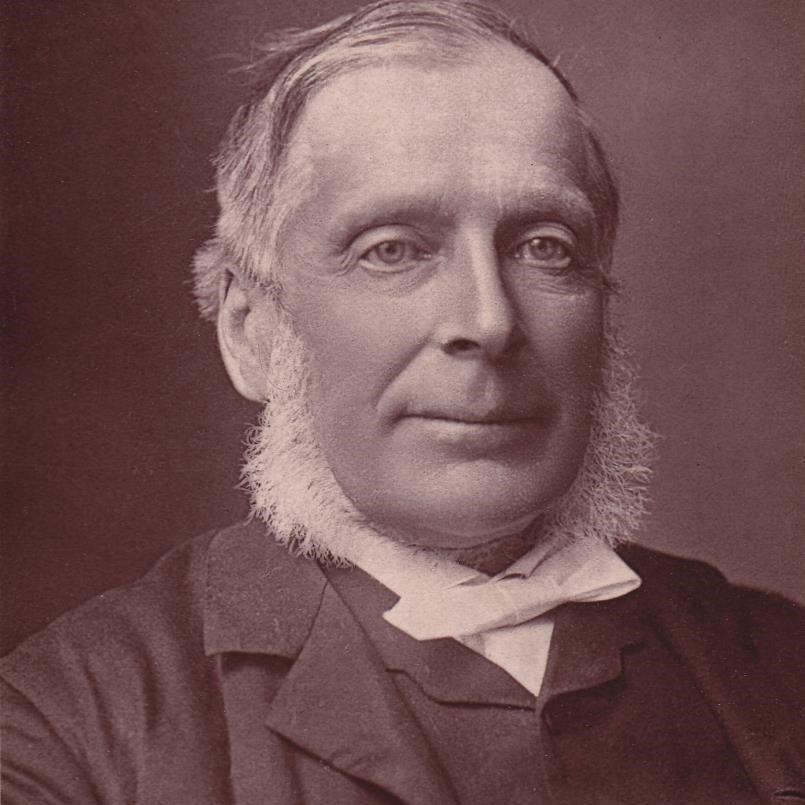
From now until the end of term, we are celebrating the bicentenary of The Reverend Edward Thring’s birth (29th November 1821).
Sometimes known as the second founder of Uppingham School for many good reasons, Thring was Uppingham’s Headmaster from 1853 until his death in 1887. Much of his legacy lives on at the School, with pupils passing his statue every morning on their way into Chapel.
Thring came to Uppingham on 10th September 1853. He was a young unknown clergyman, and Uppingham was a small country grammar school of only 25 boys. By the time he died 34 years later, he had built Uppingham to a thriving, nationally renowned boarding school.
I don’t want stars or rockets: I want every boy to have a chance of showing his little light to help the world.
A pioneer of his time, Thring believed education must involve every aspect of life, including moral, spiritual, physical and intellectual wellbeing. He called this ‘true life’ and ‘life power’. Historians have said that it was Thring who invented ‘all round education’.
His innovative ideas gave Uppingham a prominent reputation amongst independent schools, and he gained national and international distinction through his educational principles and writings.
Thring was one of the most important educational theorists and practitioners of the 19th Century. He pioneered a holistic teaching philosophy and fought for women to have a prominent place in education.
Thring believed that every child was good for something, and while at school every pupil must receive full and equal attention. Aside from academic studies, Thring felt strongly that children must be given the chance to shine in other ways.
He broadened the curriculum outside of the traditional focus on classics and maths, introducing languages, humanities and sport to school life and opening the first school gymnasium in England in 1859.
Encouraged by his wife Marie (née Koch), he employed many music masters, opening Uppingham’s first music school and being the first to appoint a Director of Music – Paul David, after whom one of our current music schools is named. The Headmaster worked alongside David to write a number of School Songs, even though Thring himself was tone deaf.
For education to flourish, Uppingham had to have an efficient organisation, good buildings, and equipment. Thring called this ‘machinery’, and built a chapel, an assembly hall (now the Old Schoolroom), workshops, laboratories, a bath house, an aviary and gardens.
It is impossible to overate the importance of giving a child confidence.
There were many trials and tribulations throughout Thring’s career as Uppingham’s Headmaster, but perhaps the greatest crisis he face was the outbreak of Typhoid in 1875 and 1876.
Thring had to act quickly to save the School from closure and Uppingham’s pupils from serious illness and death, and made the courageous decision to move the School to the Welsh coastal town of Borth in 1876.
Thring was taken ill in Chapel in 1887, dying several days later. He left behind a school that was forever changed by his leadership, and his pioneering philosophy on education transformed schools across the world. His fundamental beliefs – that all pupils should be equally valued and encouraged to discover the areas of life where they can find success – still live on at Uppingham today.


